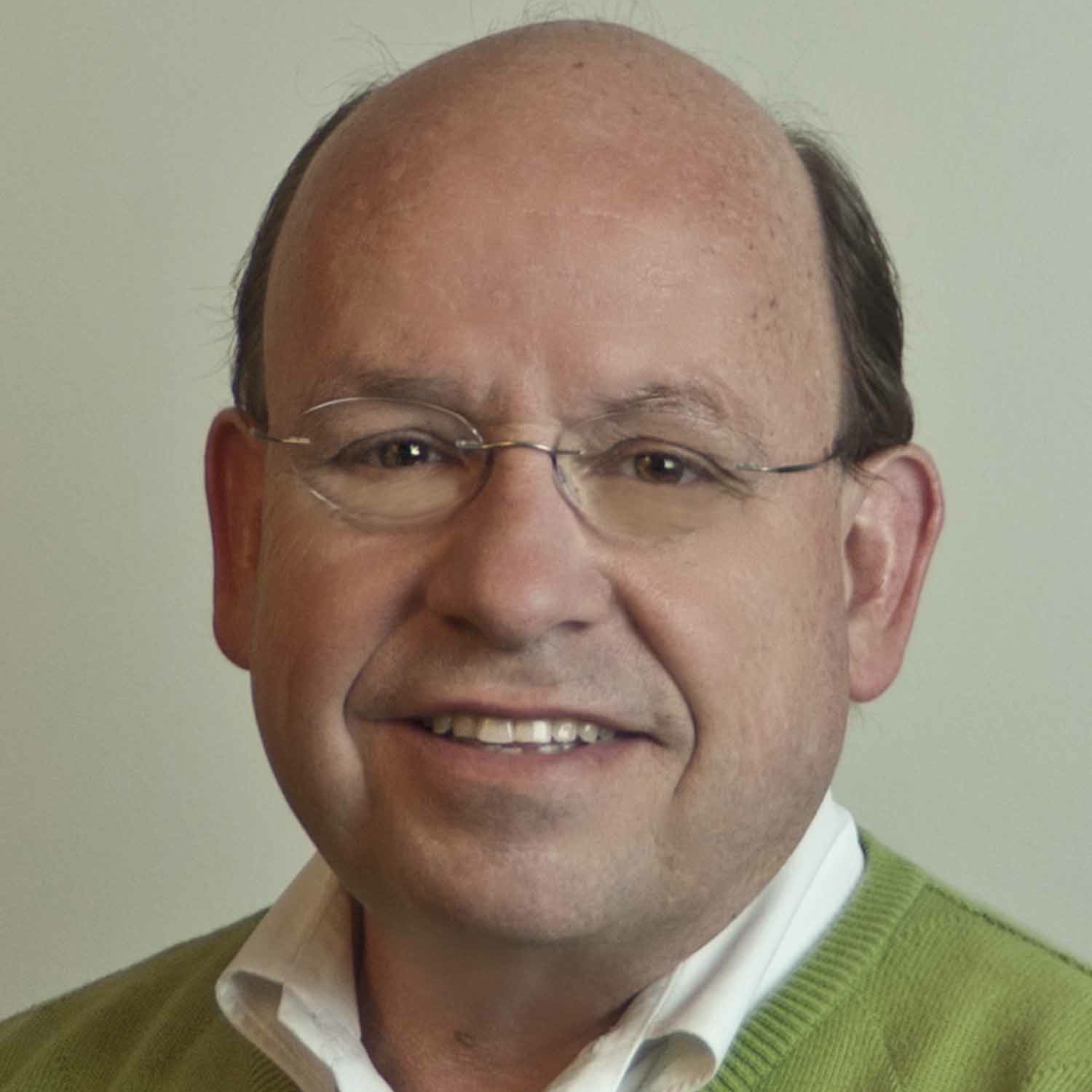Teaching Ethics of/with New Technologies
Resource Format:
Profile
Resource Description:
Professor Paul Conway (information) won the Provost's Teaching Innovation Prize in 2011 for his project, Teaching Ethics of/with New Technologies.
Original Publication Year:
2011
Resource Title:
TIP Winner: Teaching Ethics of/with New Technologies
thumbnail:
Course Type:
All
Academic Area:
Social Sciences
Discipline:
School of Information
Faculty Name:
Paul Conway
Related Links:
Previous Innovation
Next Innovation

Undergraduates explore the ethical issues posed by the use of social information teachnologies in SI 410 Ethics and Information Technology under-graduates explore the ethical issues posed by the use of social information technologies. Integrated learning activities work with two distinctive new technologies as both objects of study and pedagogical tools.
Through MediaWiki, students experience directly the ethical challenges of anonymous collaborative writing. The ability to model behavior within a closed (and safe) community makes it possible for students to take risks that would be unethical if conducted in Wikipedia itself. A further advantage of the wiki format is that students not only produce original writing, but also participate in a sufficiently high level of editorial revision for the course to satisfy the LS&A upper-level writing requirement.
Using Evolver, digital avatar software, students document the process of creating both realistic self-portraits and fantasy versions of themselves and then write about what personal identity means in virtual environments. Students find that this process deepens their understanding of the material provided in course readings and lectures.
The pedagogical techniques pioneered in this course may be easily adapted to team-based writing exercises in other disciplines, including, but not limited to cases where modeling authority roles and authorial identities are important learning objectives.
Student Comments
“We used MediaWiki to create a rich encyclopedia on topics in IT ethics far beyond what the curriculum could cover.â€
“Through reading scholarly articles about the ethical implications of anonymous collaboration environments, I was able to establish a framework for my understanding. However, it wasn’t until I was actively participating in the MediaWiki when I started to fully realize the ethical dilemmas and dynamics of such concepts.â€
“I learned the majority of the course’s contents through this active communal interaction, and I feel that I did so in a way that far surpassed more traditional methods of learning (e.g., reading essays and memorizing the facts and ideas expressed therein).â€
“Professor Conway was able to maintain control and closely monitor the environment, which allowed me to work free of fear that my performance wasn’t being measured accurately.â€
“After an initial foundation of content had been created, students began to go through each other’s topics and draw connections… allowing us to determine how different information related to the overarching course theme, and therefore other content, by juxtaposing everything at once.â€
Above photo:
Paul Conway (Information)

